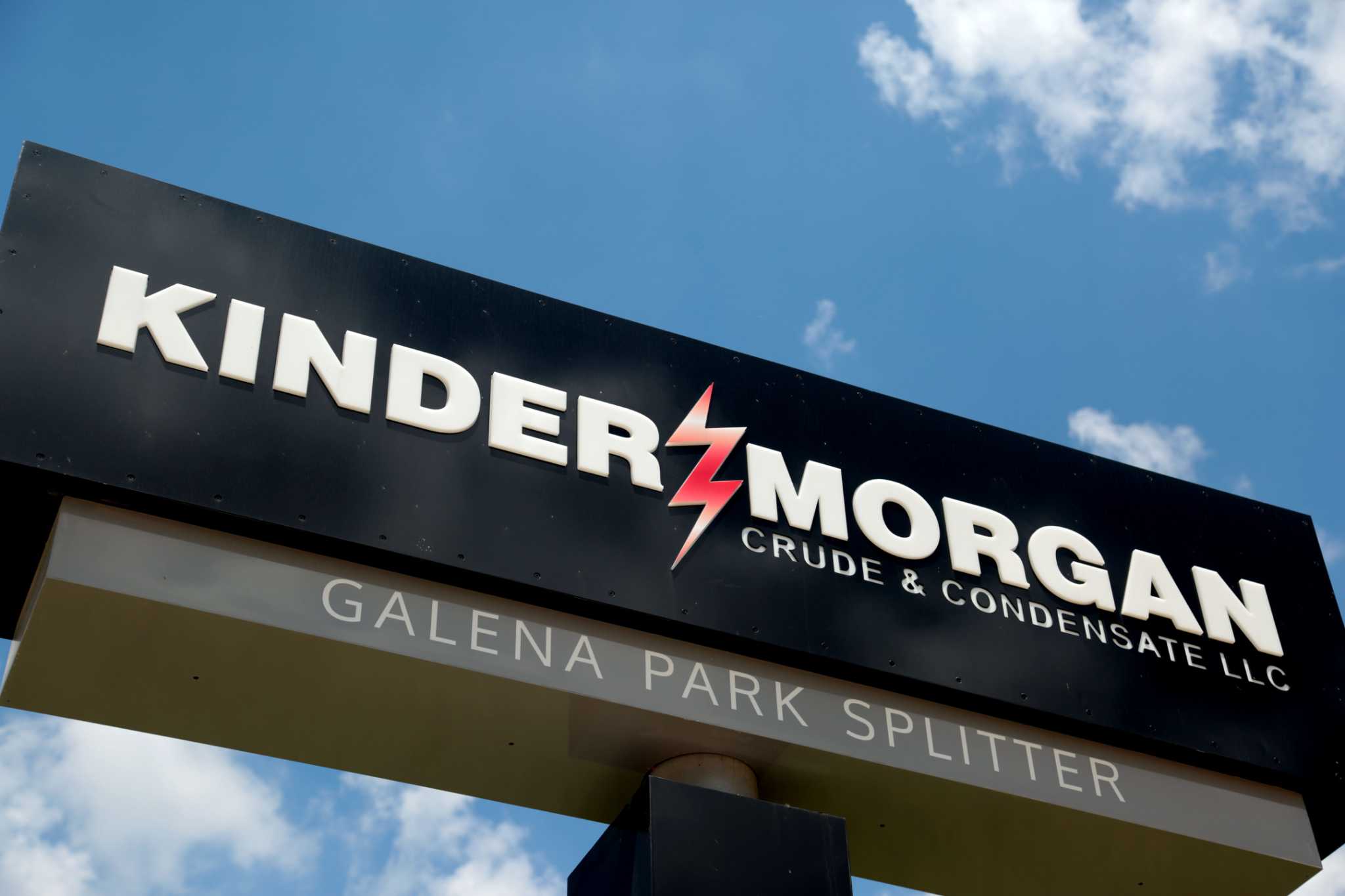Kherkher Garcia has learned that three individuals have been hospitalized following injuries sustained in a flash fire at a chemical plant located in Galena Park on Friday afternoon.
According to reports, Galena Park fire crews and police responded to the incident at a Kinder Morgan petroleum facility situated in the 1500 block of Clinton Drive, with assistance from the Harris County Fire Marshal’s Office. Officials from Kinder Morgan stated that the fire occurred during planned maintenance work near one of its rail racks and was swiftly extinguished. Although the precise cause of the fire remains unclear, authorities noted that flash fires often occur when a flammable chemical mixes with air and encounters a heat source, which can range from static electricity to other factors.
Kinder Morgan, being one of the largest energy infrastructure companies in the nation, disclosed that during a 2020 safety inspection, the Galena Park facility received four citations for “serious” violations, with two citations being resolved after an informal settlement, resulting in a reduction of the initial fine from $42,000 to $19,000.
The victims of the incident, identified as third-party contractors by Kinder Morgan, sustained injuries ranging from first to third-degree burns, as confirmed by Harris County Judge Lina Hidalgo. However, their conditions and identities have not been disclosed to the public. Kinder Morgan has taken measures to isolate and shut down the affected portion of the rail rack, assuring that they do not anticipate any impacts on customers as a result of the incident.
Understanding Flash Fires at Chemical Plants
Flash fires are sudden, intense fires that occur when a flammable substance in the form of a gas or vapor ignites momentarily and spreads rapidly through an area. Unlike explosions, which involve a rapid expansion of gases, flash fires involve the rapid combustion of flammable materials without an explosion.
Common causes of flash fires include:
- Flammable Chemicals: Flash fires often occur in environments where flammable chemicals are present, such as chemical plants, refineries, and laboratories. When these chemicals come into contact with a heat source, such as a spark or flame, they can ignite and cause a flash fire.
- Ignition Sources: Ignition sources, such as open flames, sparks, electrical equipment, hot surfaces, and even static electricity, can trigger a flash fire when they come into contact with flammable materials.
- Improper Handling: Improper handling of flammable materials, such as improper storage or transfer procedures, can increase the risk of a flash fire. For example, mixing incompatible chemicals or failing to properly ground equipment can create conditions conducive to a flash fire.
- Maintenance Activities: Maintenance activities, such as welding, cutting, or grinding, can generate sparks or heat that can ignite flammable materials and trigger a flash fire if proper precautions are not taken.
- Confined Spaces: Confined spaces, such as tanks, vessels, or storage containers, can increase the risk of a flash fire due to the accumulation of flammable vapors or gases in a confined area.
Flash fires are characterized by their rapid onset and short duration, making them extremely dangerous and potentially deadly if proper safety measures are not in place.
How Common are Flash Fires at Chemical Plants?
Flash fires at chemical plants are relatively rare compared to other types of incidents, such as leaks, spills, or equipment malfunctions. However, they can still occur, especially in environments where flammable chemicals are present and proper safety measures are not strictly adhered to.
Chemical plants are typically equipped with safety protocols, training programs, and engineering controls to mitigate the risk of fires and other accidents. These measures include implementing strict storage and handling procedures for flammable materials, conducting regular inspections and maintenance of equipment, providing proper training for employees, and implementing measures to control ignition sources.
Despite these precautions, flash fires can still occur due to human error, equipment failure, or unforeseen circumstances. Therefore, chemical plants must remain vigilant in their efforts to identify and address potential hazards to minimize the risk of flash fires and other incidents.
Kherkher Garcia Here to Support Injured Victims
As the investigation into this chemical plant incident continues, our team here at Kherkher Garcia hopes that those injured, and their loved ones, make a full recovery. We will continue to provide support and information to our communities in the wake of this tragic incident.
Resources:


